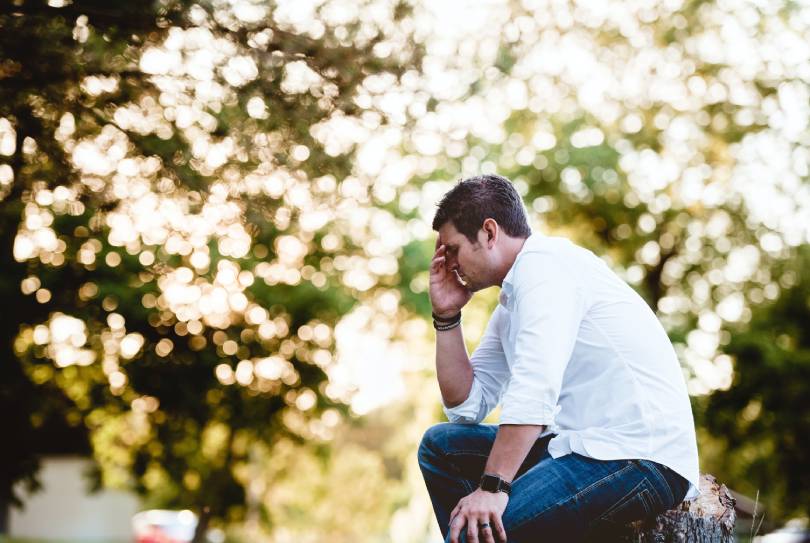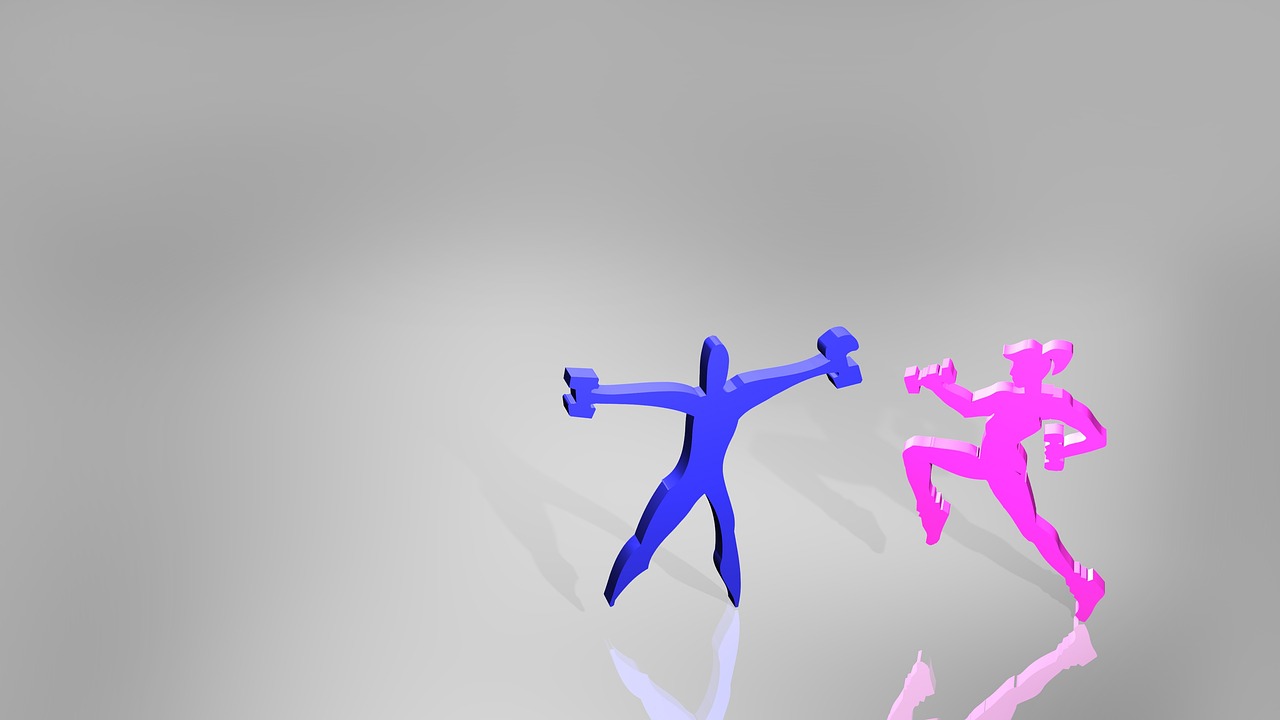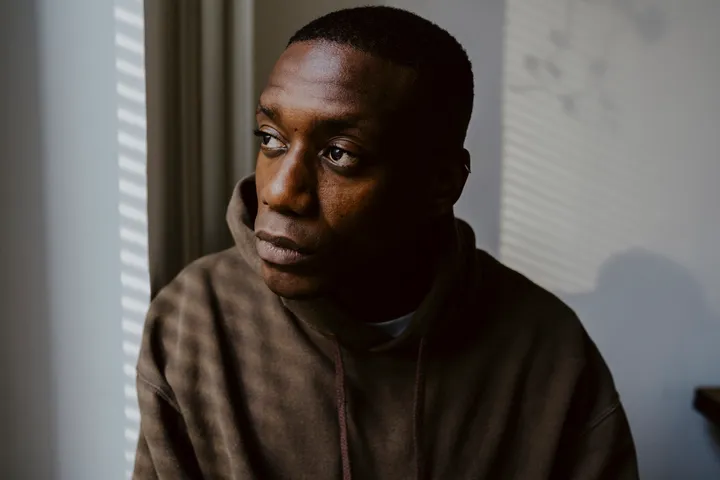If you’re dealing with an anxiety disorder, you’re probably familiar with the feeling of exhaustion that follows an anxiety or panic attack. There is brain fog and sluggishness. You may find it difficult to concentrate, become less alert, and may experience body aches.
During an anxiety or panic attack, the body goes through a series of chemical changes and begins secreting adrenaline. Your heart rate increases and your breathing becomes shallow. Then, as the episode passes and you recover from the intense reaction in your nervous system, a new set of symptoms develops, and the anxiety “hangover” sets in, leaving you feeling mentally and physically exhausted.
This overwhelm takes a lot of energy and speeds us up in a way, so naturally we feel very tired, very tired.
What causes these aftereffects?
A panic attack is a physiological reaction in which the body’s fight or flight response is activated to help people prepare for something dangerous. People often say that a panic attack feels like a heart attack or dying – it triggers intense anxiety and is accompanied by a range of physical symptoms, including rapid heartbeat, sweating, trembling and shortness of breath.
Anxiety disorders, on the other hand, often occur when people feel they no longer have control over their anxiety. Anxiety has crossed a threshold where someone no longer feels comfortable or in control.
In both types of attacks, adrenaline is pumped throughout the body. As you recover from the adrenaline rush, you may feel frustrated because you have just experienced an intense emotional experience and, in some cases, grueling physical reactions.
There are a lot of consequences when you get out of this state. Your body will actually feel fatigued because you’ve been through a pretty big event.
After an attack, people often feel uncomfortable and tired. If you’re hyperventilating, you may even experience soreness, especially in your chest muscles. Some people may experience nausea, gastrointestinal problems, headaches and migraines, as well as sudden onset of symptoms associated with chronic conditions.
The after-effects of a panic attack can be more serious than those after an anxiety attack. And, depending on the individual, the aftereffects may last for a few hours, or a day or two.
How to cope with an anxiety or panic attack ‘hangover’
If you frequently experience anxiety or panic attacks, it’s recommended to understand what you need during and after an attack so you can make an appropriate plan. Therapies like cognitive behavioral theory can help you learn how to manage anxiety and panic when it arises, so you don’t have to deal with such severe “hangover” symptoms afterwards.
However, if the attacks have come and gone and you feel comfortable, there are several ways to reduce your symptoms.
The first step is to pause and take a breath to slow down your system.If you can, make your surroundings comfortable.Turn off the lights, put on some calming music – do what you need to calm down and feel grounded.
It is recommended to practice mindfulness. Allow yourself to be in the present moment and acknowledge how you are feeling physically and emotionally. Using some deep breathing techniques—such as diaphragmatic breathing, box breathing, or rhythmic breathing—to regulate your body can also help.
Practice all the traditional healthy behaviors—like making sure you get enough sleep and proper nutrition—and find someone to process your emotions, whether it’s a close friend or a mental health professional. It’s important to find someone who will ground you and calm you down, not someone who will excite you more. Find a way to move when you can – whether it’s taking a walk or doing some gentle stretches.
Be patient with yourself. The after-effects take some time to subside. To realize that, hey, the worst is over and as long as I do my best and have compassion for myself, I can get through it over time.



